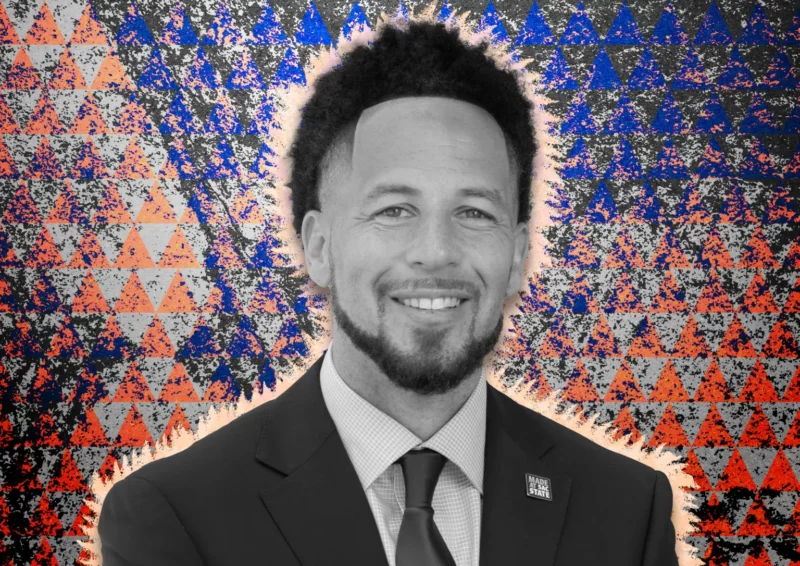Are You Experiencing Racelighting? Here’s What it Means
Share
Explore Our Galleries
Breaking News!
Today's news and culture by Black and other reporters in the Black and mainstream media.
Ways to Support ABHM?
by Joseph Williams, Word In Black
Think gaslighting but with racism added — and Dr. J. Luke Wood says if the condition isn’t identified, the healing can’t begin.

If you’re Black, chances are you’ve experienced it.
You’re in a mostly white space, maybe your workplace, a school classroom, or perhaps a social event. A white person with whom you’re interacting will do or say something seemingly innocuous — a joke about your hair, a compliment on how articulate you are, or asking if you really wrote that report the boss loved — that can trigger a stress response. Some describe it as a block of ice in their stomach; others experience sweaty palms, a racing heartbeat, or a mouth drier than paper.
The feeling prompts an inevitable question: Was that racist? But when confronted, that person is offended, becomes defensive, or dismisses the allegation outright. They might accuse you of being overly sensitive or even racist, transforming your insecurity or anger into self-doubt.
If this scenario is familiar, then you’ve encountered what Dr. J. Luke Wood, a sociologist and the new president of California State University, Sacramento, calls “racelighting” — an insidious form of racism that can trigger not only psychological but physical issues in its victims.
The original article explains the origins and impact of racelighting here.
Learn about racelighting in the media.









Comments Are Welcome
Note: We moderate submissions in order to create a space for meaningful dialogue, a space where museum visitors – adults and youth –– can exchange informed, thoughtful, and relevant comments that add value to our exhibits.
Racial slurs, personal attacks, obscenity, profanity, and SHOUTING do not meet the above standard. Such comments are posted in the exhibit Hateful Speech. Commercial promotions, impersonations, and incoherent comments likewise fail to meet our goals, so will not be posted. Submissions longer than 120 words will be shortened.
See our full Comments Policy here.